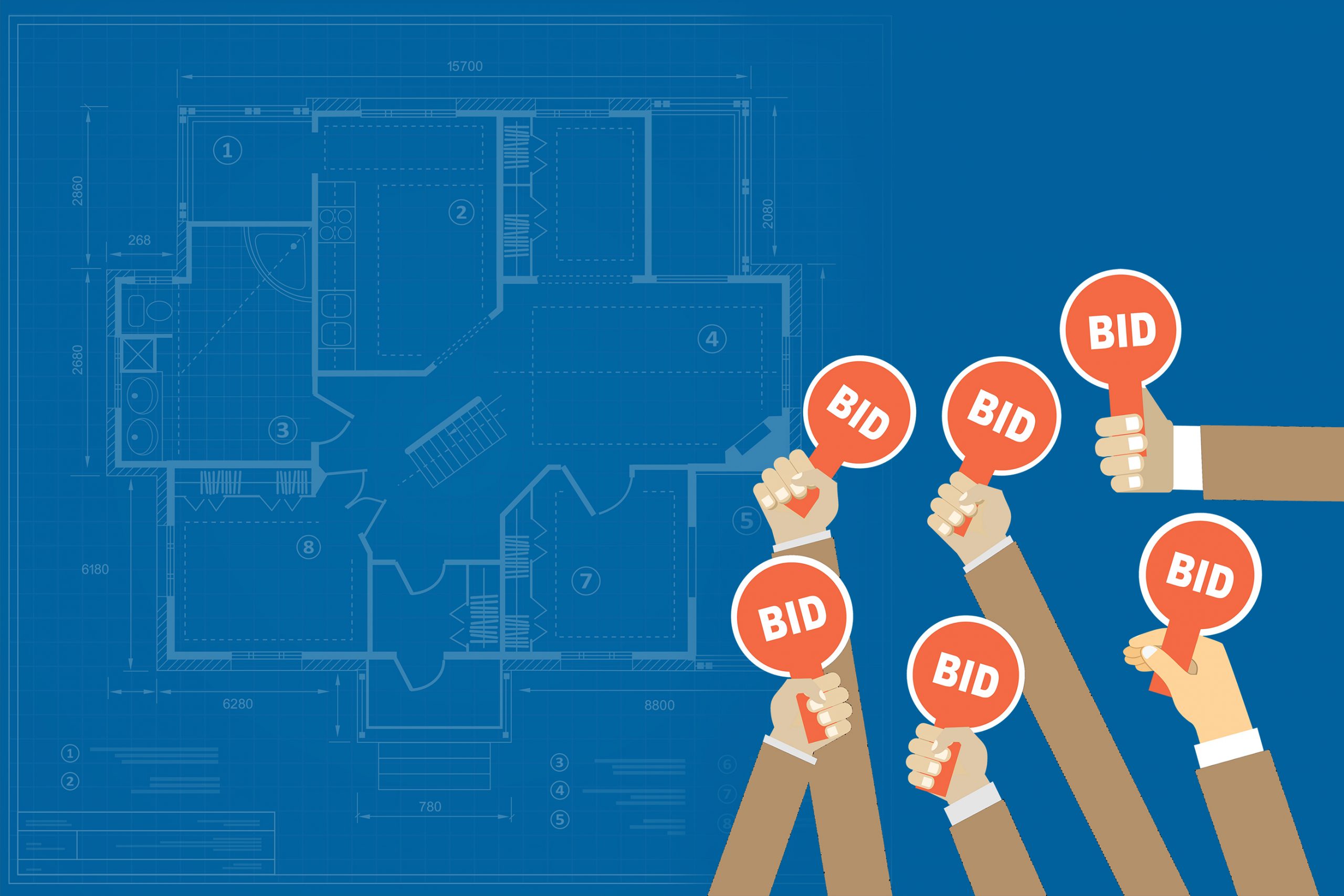
Are you looking to enhance your bid management skills in the construction industry?
We will explore the importance of bid management, the steps involved in the process, common challenges faced, best practices for success, and how to avoid common mistakes.
Whether you’re new to bid management or looking to improve your current strategies, these tips will help you streamline the process and increase your chances of winning contracts.
Let’s dive in and take your bid management skills to the next level!
Successful bid management in construction hinges on implementing best practices such as developing a robust bid strategy, leveraging technology for process optimization, adhering to competitive bidding standards, and tracking performance metrics for continual improvement.
A key aspect of successful bid management is the formulation of a well-defined bid strategy that aligns with project objectives and client requirements. By establishing clear goals, deadlines, and budget considerations, construction teams can effectively plan and execute their bidding process. Leveraging technology tools such as bid management software can streamline the bidding workflow, improve communication among team members, and enhance document organization.
Competitive bidding practices play a crucial role in ensuring fair competition, transparency, and accountability within the construction industry. Monitoring and analyzing performance metrics enable contractors to identify areas of strength and opportunities for enhancement, leading to greater efficiency and profitability. Verifying that all project requirements include safety protocols and regulations, ensuring bids align with safety standards and mitigate potential risks
Developing a comprehensive bid strategy is foundational to successful bid management, involving meticulous scope management, competitive analysis, and profitability analysis to craft competitive and compelling bid proposals in the construction industry.
Effective communication with bidders is paramount in successful bid management, encompassing stakeholder engagement strategies, vendor relations management, supplier negotiation tactics, and sound decision-making processes to foster collaborative and productive relationships.
Clear and open lines of communication throughout the bidding process are crucial for aligning expectations, addressing concerns promptly, and building trust among all parties involved.
By engaging with stakeholders at each stage, understanding their needs, and managing vendor relationships effectively, bid managers can enhance the overall bid quality and increase the chances of successful contract award.
Employing negotiation strategies that focus on win-win outcomes and utilizing decision-making frameworks can lead to mutually beneficial agreements and sustainable partnerships in the long run.
Leveraging tools to streamline the bid management process is essential, involving the adoption of construction software, bid management tools, project reporting systems, and supplier management platforms to enhance efficiency and effectiveness.
Construction tools play a crucial role in organizing project bids, managing deadlines, and tracking costs seamlessly. Bid management platforms or spreadsheets like on this link provide a centralized hub for overseeing bids, communication with suppliers, and evaluating project progress.
Project reporting tools offer real-time insights into key metrics, helping stakeholders make informed decisions swiftly. Supplier management systems facilitate vendor evaluation, communication, and collaboration to ensure smooth project execution and timely delivery. By integrating these technologies, construction companies can automate repetitive tasks, reduce errors, and improve overall project outcomes.
Continuous review and improvement of the bid management process are critical for sustained success, involving performance tracking mechanisms, project evaluation procedures, cost control strategies, and promoting effective team collaboration to refine and optimize bidding practices.
Regularly evaluating the efficiency of bid management processes ensures that the team stays on track with project deadlines, budget constraints, and quality standards. Implementing performance tracking tools allows for real-time data analysis, identifying areas for enhancement and streamlining workflows.
Project evaluation frameworks provide a structured approach to assess the outcome of bids, enabling teams to learn from past experiences and make informed decisions for future projects. Cost control mechanisms help in managing expenses effectively, preventing budget overruns and ensuring profitability. Fostered team collaboration cultivates a culture of continuous learning and improvement, fostering innovation and adaptability in an ever-evolving bidding landscape.
Double-checking all project requirements is crucial to avoiding errors in bid management, involving meticulous project scope verification, comprehensive bid review processes, stringent document control measures, and adherence to legal compliance standards for accurate bidding submissions.
This process plays a vital role in ensuring that the submitted bids align closely with the client’s needs and expectations. By carefully examining the project requirements, potential pitfalls can be identified early on and rectified before the bid submission. Implementing best practices for bid review helps in identifying any inconsistencies, ambiguities, or missing information that could lead to disqualification or misinterpretation of the bid.
Document control protocols help in organizing and managing all relevant information effectively, ensuring that the bid is complete and well-documented. Adhering to legal compliance standards is essential to avoid any legal ramifications and maintain the integrity of the bidding process.